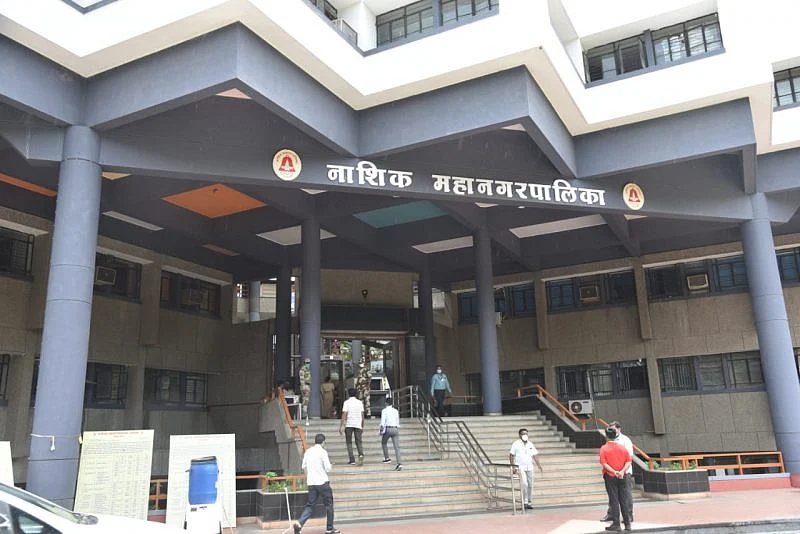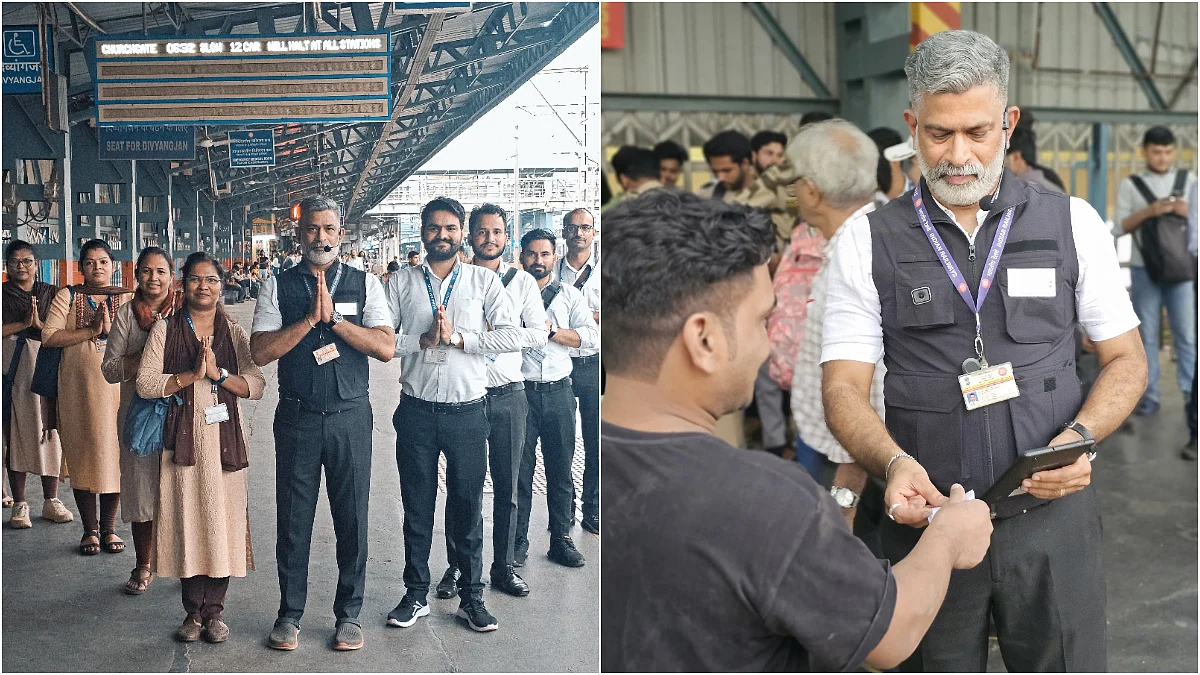New Delhi: The Supreme Court is scheduled to hear on Monday a plea of the state government challenging a Bombay High Court order which paved the way for the premature release of gangster-turned-politician Arun Gawli, who is serving life imprisonment for the 2007 murder case of Shiv Sena corporator Kamlakar Jamsandekar.
A vacation bench of Justices Aravind Kumar and Sandeep Mehta will hear the plea of the state government in which they had opposed the premature release of Gawli, who was also convicted under the provisions of the Maharashtra Control of Organised Crime Act (MCOCA).
Nagpur Bench Of Bombay HC Allows Plea Of Gawli For Premature Release
On April 5, the Nagpur bench of the Bombay High Court had allowed the plea of Gawli in which he had sought his premature release on account of the remission policy on January 10, 2006, which was prevailing on the date of his conviction on August 31, 2012. Gawli has claimed to have complied with all the conditions of the 2006 policy. He said the rejection of his application for premature release by the state authorities is unjust, arbitrary and is liable to be set aside.
Gawli has contended that he has completed 65 years of age and has been certified as weak by the Medical Board making him eligible for availing the benefit of the policy. The state government, however, has opposed his plea before the high court for premature release, saying revised guidelines dated March 18, 2010, for premature release, contemplates that there shall be no premature release of a convict of organised crime unless he undergoes 40 years of actual imprisonment.
Bombay HC Rejects Submission Of State Govt
The high court rejected the submission of the state government, terming it as "totally misconceived" and said the revised guidelines of 2010 were general in nature. It had said the 2006 policy was specifically framed for the benefit of prisoners who were of advanced age and physically weak, and the 2010 guidelines would not apply at all.
"In view of the above discussion, we hold that the petitioner is entitled to the benefits flowing from the remission policy dated January 10, 2006, which was prevailing on the date of his conviction. We also hold that by applying the rule of ejusdem generis, convicts of MCOC Act cannot be excluded from availing the benefits of the said policy. Writ Petition is accordingly allowed," the high court had ordered.










